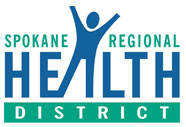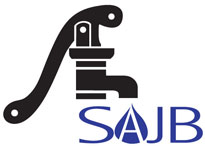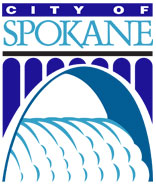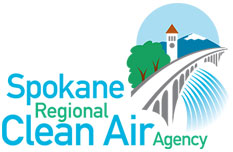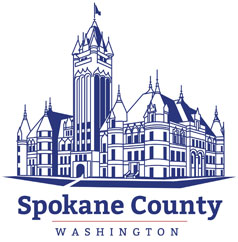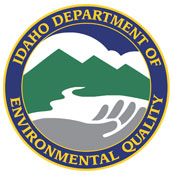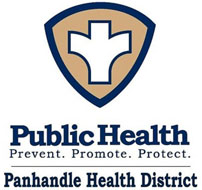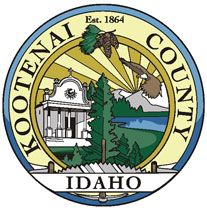Waste » Business » FOG (Fat, Oil, Grease) » FOG (Fat, Oil, Grease)
General Information
FOG stands for Fats, Oils, and Grease that get into the sewers and cause problems for the wastewater treatment system. It comes from salad dressings, cooking oil, animal fats, milkfat and gravy and other sauces.
FOG is the number one cause of sewer blockages. It solidifies on the walls of sewer pipes and can cause clogs that interfere with normal flow, resulting in:
- Sewage spills
- Manhole overflows
- Sewage backups into businesses
- Clog cleanout by sewer maintenance personnel
- Higher sewer rates
Available Services
Management Practices
Basically, the less FOG that goes down the drain, the less that gets into the pipes. Spokane Wastewater Management recommends some simple ways to reduce the amount of FOG going down your drains include:
- Display FOG information in the workplace—click here for printable FOG poster.
- Collect used oil and grease for recycling or disposal in solid waste.
- Dry scrape dishes into a trash bin, not the sink.
- Prevent spills. When spills happen, clean up with disposable materials (paper towels, kitty litter, spill kit), don’t wash down the drain.
- Clean and cover outdoor recycling areas.
- Hire a waste-hauling or recycling service to regularly pump out your interceptor.
- Keep records of cleaning and service to track how often grease traps need to be maintained.
- Don’t connect dishwashers to the grease system.
- Train staff to keep FOG out of pipes—click here for printable fog information.
Related Wastes
Resources
Spokane Wastewater Management's "FOG Program"
Spokane Wastewater Management's "BMPs for Kitchen Waste"


